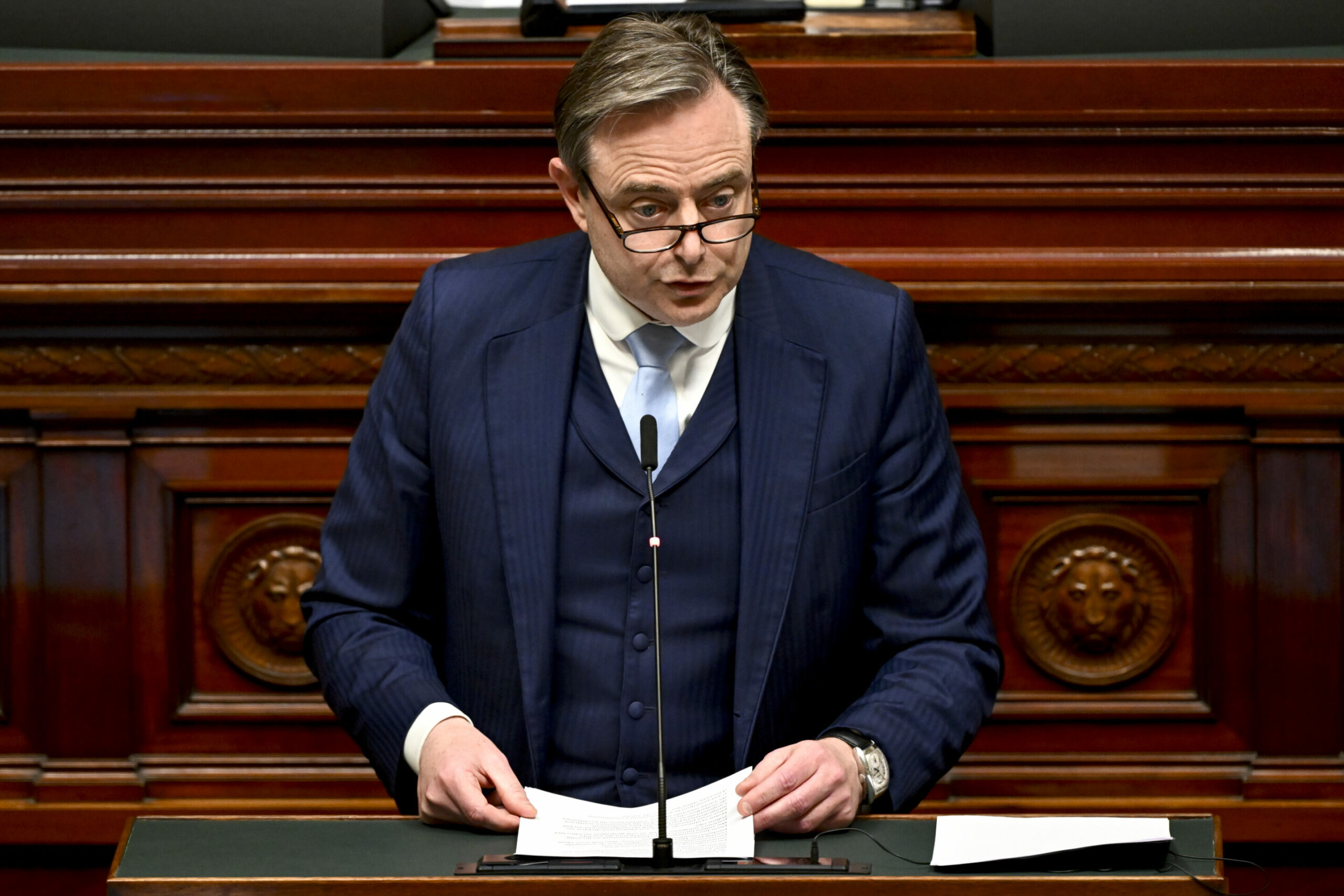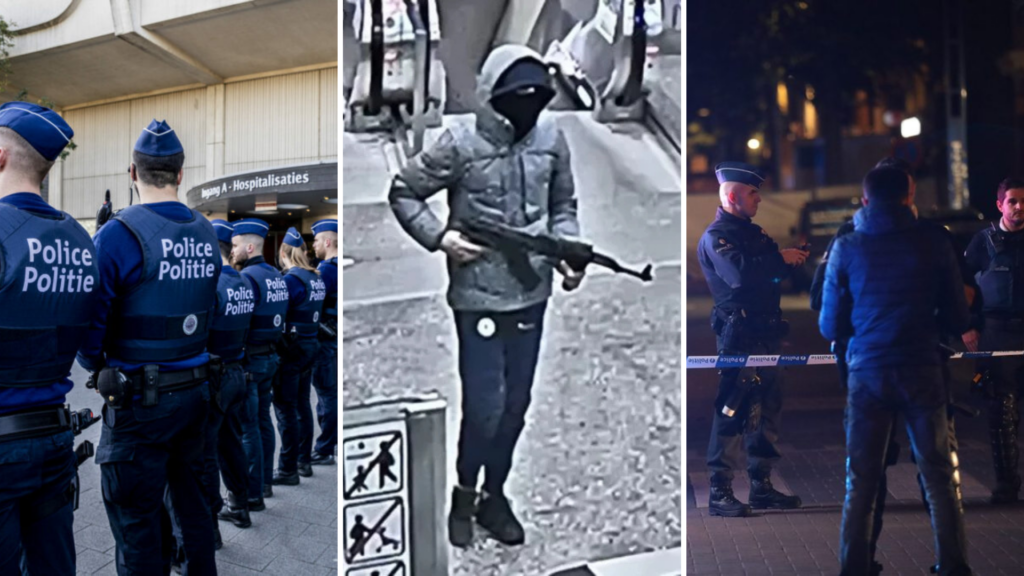Public safety in Brussels is one of the greatest concerns of the city's residents, with the issue consistently in the top three priorities of party manifestos for the local elections in October. This time last year, the capital saw a spate of shootings and street violence as rival gangs quite openly waged turf wars.
Many voiced concerns about the apparent impunity of those involved, with police unable to catch the perpetrators or deal a structural blow to the criminal networks behind the trafficking. The feelings of insecurity grew when several innocent bystanders were caught in crossfire during drive-bys. The rise in violence is matched by a rise in gun seizures, indicating an arms race that forces of law and order are failing to suppress.
Wednesday morning saw another shooting, this time in Clémenceau metro station. The assailants are caught on camera brazenly brandishing assault rifles and firing near the entrance. Police report that no one was injured and the station was closed. But this latest episode once more highlights the challenge in Brussels.
It also comes in the context of proposals to reform the capital's police forces, which currently are split into six zones and fall under the jurisdiction of municipal mayors. Plans to centralise the police have previously been shot down by mayors, who insist that this would undermine the authority of local leaders and endanger the effectiveness of police forces. But with every shooting, this argument loses weight.
Still, francophone parties are refusing to give any ground on the debate, presenting it as a "full-scale assault on the Brussels Region" and a plot by Flemish nationalist parties to claw power away from the mayors. This has resulted in a bitter stand-off as the francophone Socialist Party – which lost badly at the national level but is still the second-strongest party in the capital's French-speaking electoral college – rejects any call to compromise so long as the Flemish nationalists N-VA are part of the Dutch-speaking college.
It's a block that has so far proven impossible to overcome, leaving Belgium's capital with no regional government and enfeebled in the face of growing crime.
Belgium in Brief is a free daily roundup of the top stories to get you through your coffee break conversations. To receive it straight to your inbox every day, sign up below:
1. Police hunt gunmen following shooting at Clémenceau – some metro stations and tram lines closed
Police are still looking for the perpetrators, who fled via the metro tunnel. Read more.
2. PM De Wever warns Belgium’s ‘road ahead is no walk in park’ in first speech
De Wever focused on the efforts that will be required to put Belgium in order, an exercise that "will take longer than one legislature." Read more.

3. Nearly 80,000 unsold Chinese electric cars sitting in European ports
If lined up end to end, the cars would stretch for 400 kilometres – the distance between Brussels and Frankfurt. Read more.
4. ‘Europe must face the world as it is’, von der Leyen tells EU ambassadors
Decisions should be based on calculated judgement, not emotion or nostalgia for a bygone era, she added. Read more.
5. Federal government plans to cut taxes by about €1.5 billion, budget tables show
Planned tax reforms stand to cost €6.4 billion by 2029, but offsetting measures should reduce the figure to about €3.8 billion, according to federal budget tables. Read more.
6. Death of diesel? Brussels sees sharp decline in new diesel vehicles
Tax regulations and trends in company vehicles are likely behind the decline of new diesel vehicles. Read more.
7. Horst 2025: Belgium’s iconic electronic music festival announces line-up
From an intimate celebration of underground electronic music, Horst has grown into Belgium's worst-kept secret, with its creative scenography winning international acclaim. Read more.

